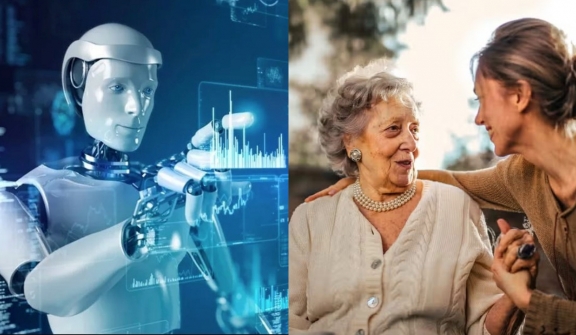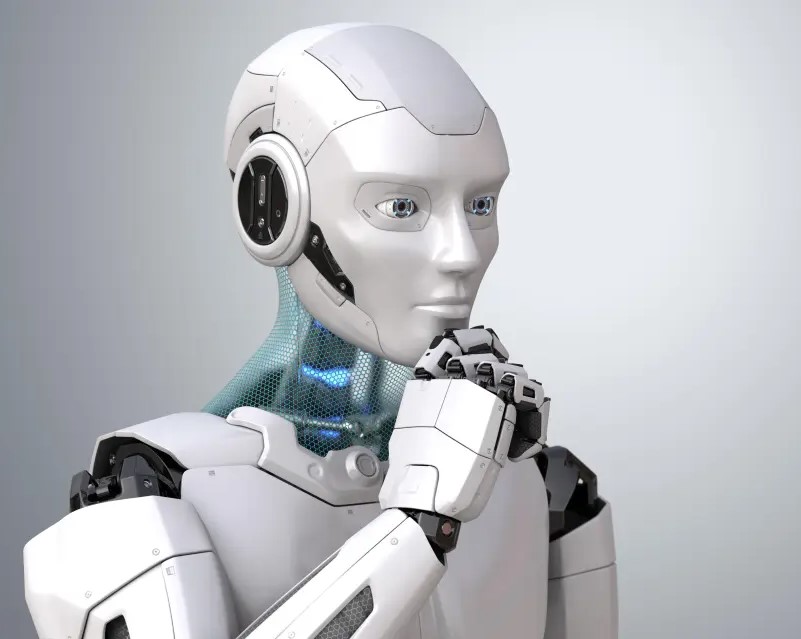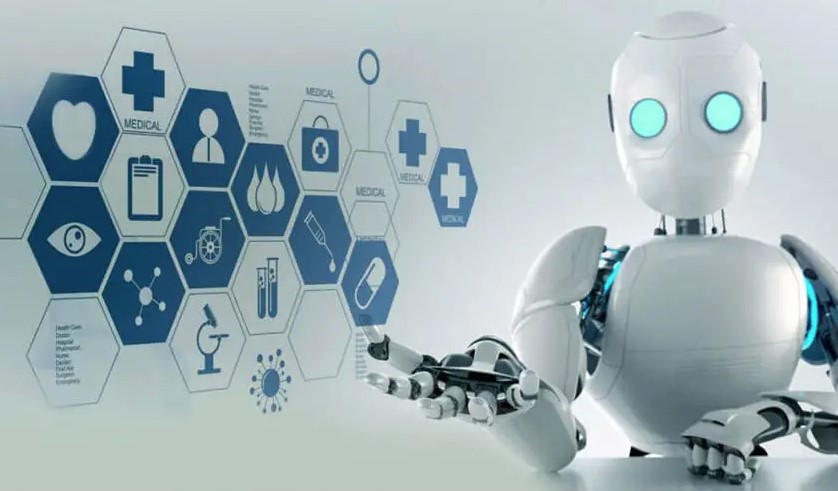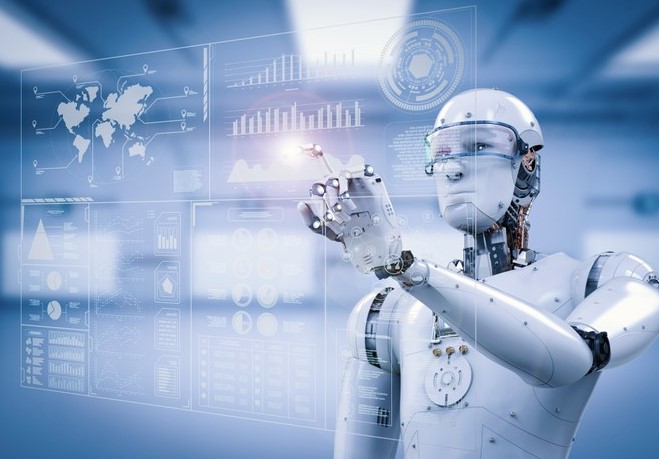
The development of AI has marked a significant step in the field of mortality prediction.
Initially, people based on traditional methods by using statistical models and actuarial tables. These ways, however, have provided limited accuracy in determining an individual's remaining lifespan.

The appearance of AI algorithms along with vast datasets and sophisticated machine-learning techniques has allowed scientists can estimate accurately the human demise time, which relies on genetic information, medical history, lifestyle choices, environmental exposures, and even psychological well-being.
The Danish researchers have meticulously analyzed the life stories of over six million real people, delving into various aspects such as their income, profession, place of residence, injuries, and pregnancy history.

By feeding on this comprehensive information, the AI model functions like a chatbot, generating predictions about a person's life expectancy, income potential over their lifetime, and even aspects of their personality.
The death calculator has demonstrated remarkable efficacy, having been trained on data spanning from 2008 to 2016.
Surprisingly, the AI calculator accurately predicted more than three-quarters of the people who died in 2020, which was similar to 78% of cases.
The AI calculator not only provides accurate predictions but also offers specific information about the factors that lead to an individual's mortality risk.

This information benefits healthcare professionals in developing treatment plans and prompt interventions to improve patient outcomes.
The death calculator also provides information on public health policies and strategies to handle societal issues that may impact demise rates.
Researcher Sune Lehmann said: "We are actively working on ways to share some of the results more openly, but this requires further research to be done in a way that can guarantee the privacy of the people in the study."

The creation of an AI calculator that can estimate the time until human death is a big step toward transforming mortality prediction.
However, it is essential to address any potential risks and limitations of the algorithm to ensure its ethical use and accuracy for all populations.
As AI technology continues to evolve, we can expect to see even more groundbreaking applications in healthcare and other fields.




